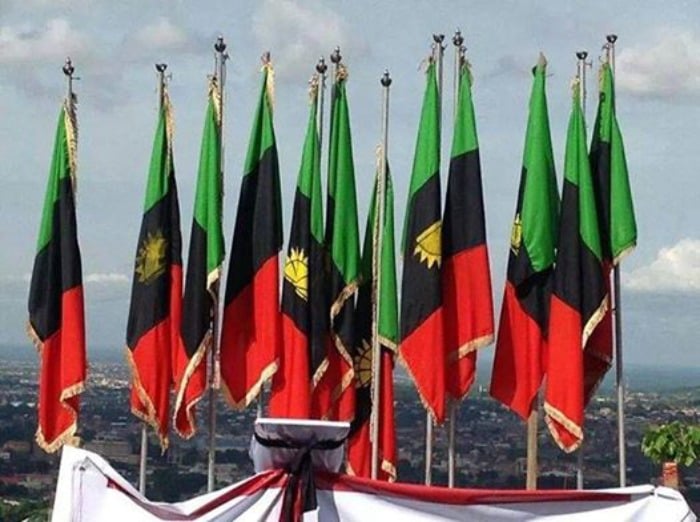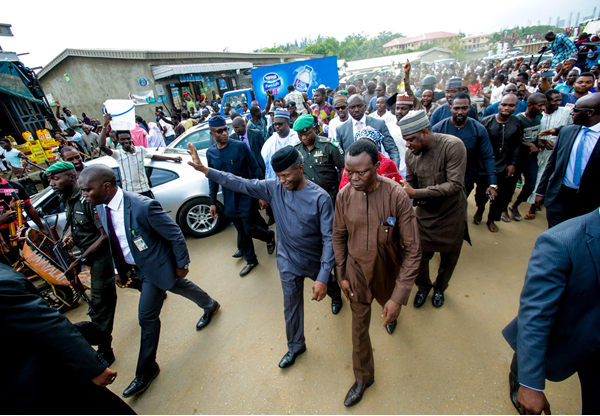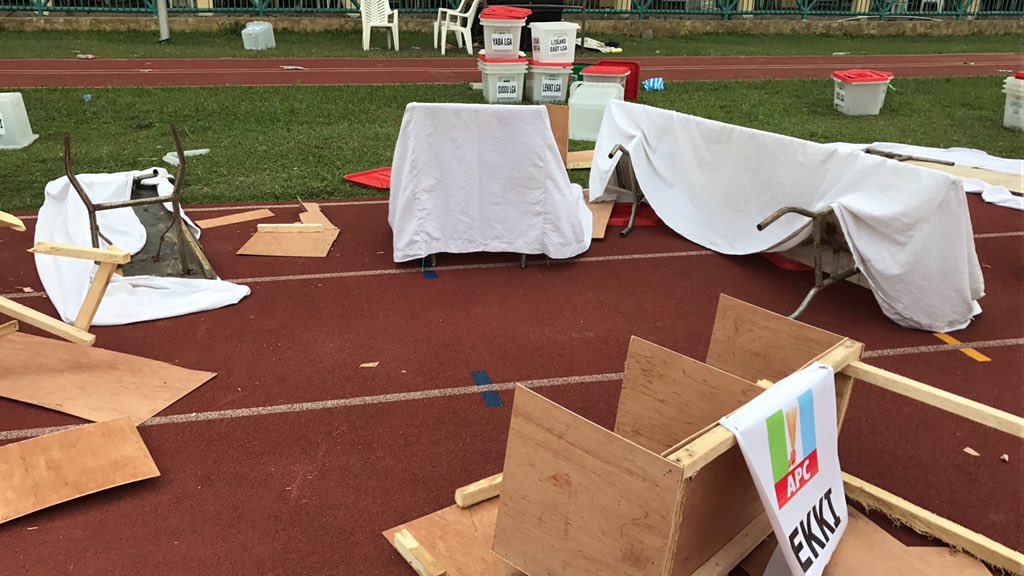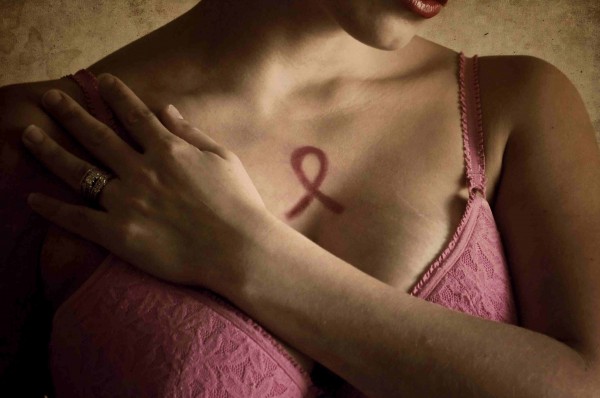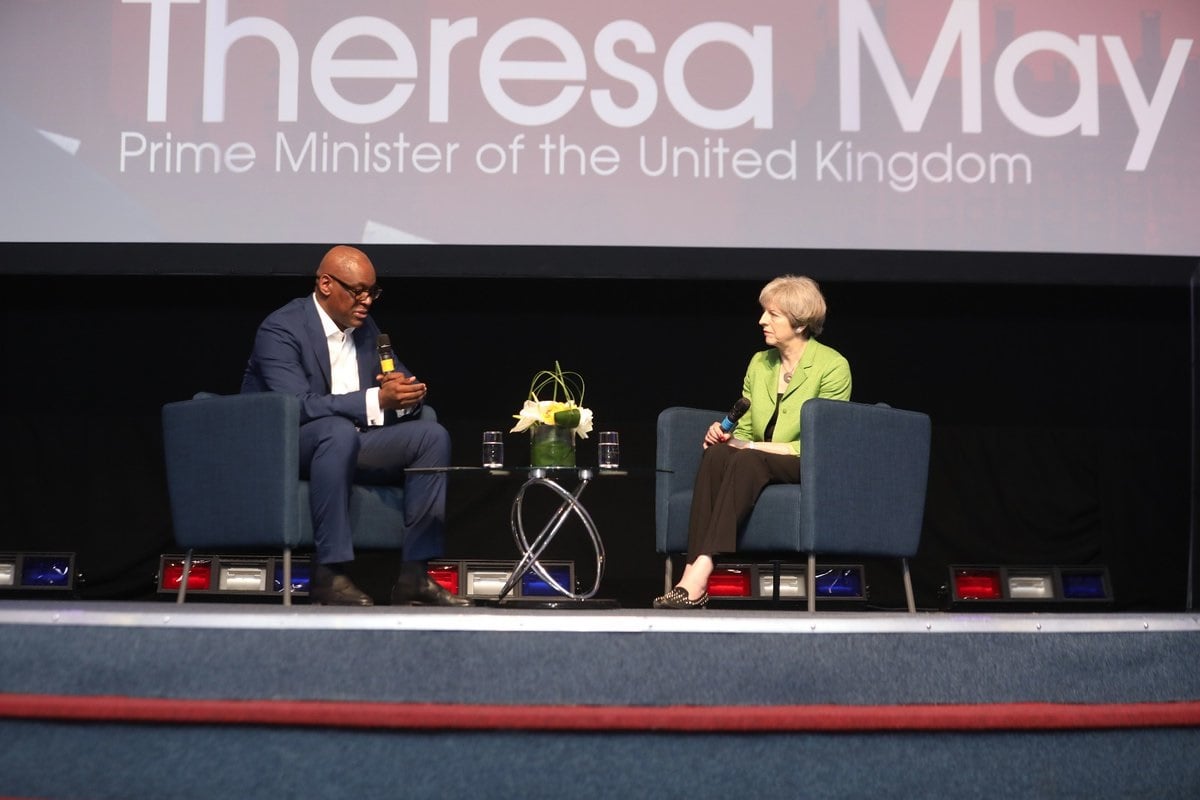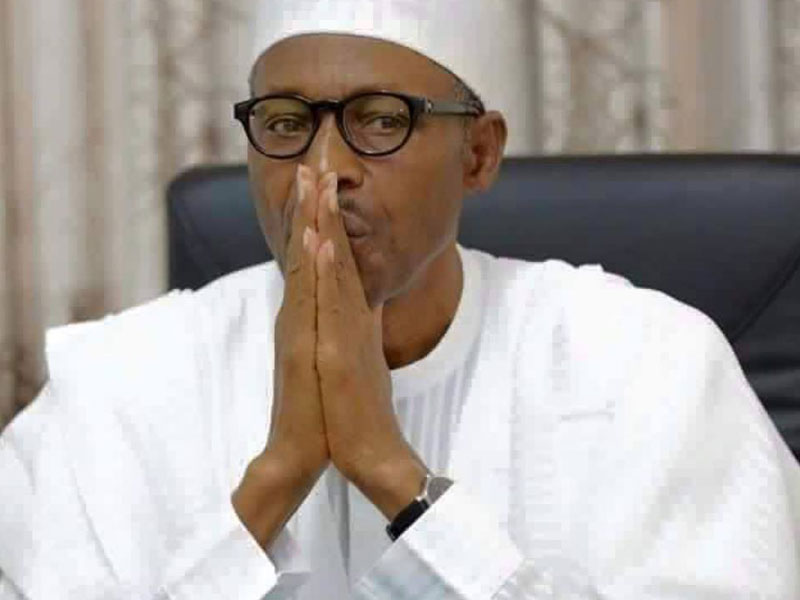For the record, I was born after the Biafra war. Everything I know about it was what I heard or read from different sides to the conflict. Since I was not around to follow the events by myself and make my own call, I have had to rely on other people’s accounts in trying to understand what caused the war. Everybody tells the story to their own advantage. That’s natural. All said and done, though, I have consistently come to one conclusion: we went to war because our leaders were too young and too immature to manage conflict. We played dangerously close to the precipice. With no neutral elders in town and no experience to draw from, we fell headlong into avoidable bloodshed.
It’s now 50 years since the first shot was fired and 47 years since the war ended, but many of the issues are still on fire. The Igbo, in particular, believe that they are not receiving a fair deal in the union despite all the talk about reconciliation, rehabilitation and reconstruction. They believe the quota system and federal character are skewed against them, and the entrance requirements into federal schools are tougher for them compared to other parts of the country. The Igbo are also often at the receiving end of ethno-religious violence — although it is not limited to them these days. At some point, they always suffered the heaviest casualty.
In the meantime, while every geo-political zone has six states (the north-west has seven), the south-east has only five. That means when you pick a minister per state, they will always have only five. They also have the least number of local governments. Federal infrastructural projects that could boost the south-east economy, such as interstate roads, railway and the second Niger bridge, do not often get priority attention in Abuja. Under the current administration, Igbo influence at the federal level has diminished significantly, compared to the case under Presidents Olusegun Obasanjo and Goodluck Jonathan when they held important positions, especially under Jonathan.
The elephant in the room, of course, is presidency. Will an Igbo ever become president of Nigeria again? Dr. Nnamdi Azikiwe, an Igbo, was governor-general of Nigeria from 1960 to 1963 and president from 1963 to 1966, but these were ceremonial positions without executive powers. Major-General JTU Aguiyi-Ironsi, an Igbo, accidentally became military head of state in 1966 after the failed Major Kaduna Nzeogwu-led coup. Aguiyi-Ironsi ruled for six months before he was killed in the countercoup. Since then, no Igbo has been president, either civilian or military. However, the other major ethnic groups — Hausa/Fulani and Yoruba — have had their fill.
Advertisement
Now let’s face the fact: if I were an Igbo with such a long list of grievances, I would feel unloved and unwanted in the Nigerian federation. It is very easy for an outsider to dismiss these complaints. But the question to ask is: if you are a Fulani or Yoruba or Ijaw and you have a strong feeling that the system is skewed against the hopes, dreams and aspirations of your people, will you keep quiet? Who feels it knows it. I have said this a million times: I do not wish to live in any society where I am convinced there is a conspiracy to keep anyone down. I want to live in a society where there are no glass ceilings — no matter your ethnic origin, religion, beliefs, gender and accent.
Despite their misgivings, I still believe the Igbo have made considerable progress since the end of the war. Many of my Igbo brothers never agree with me when I say a lot of reintegration has happened since 1970, but there were indeed efforts by the government to heal the wounds. A little history would be useful here. By 1975, Ndubuisi Kanu and Ebitu Ukiwe, two Igbo naval officers who fought on the side of Biafra just a few years earlier, were appointed members of the Supreme Military Council (SMC), the country’s highest decision-making body. Kanu, and later Ukiwe, were governors of Lagos state between 1977 and 1979. These were positive steps.
The integration progressed in the second republic, I would say, as the Igbo produced both the vice-president, Dr. Alex Ekwueme, and speaker of the house of representatives, Chief Edwin Ume-Ezeoke. The No. 2 and No. 4 positions going to the Igbo in 1979, less than 10 years after the war, ought to be viewed as a positive sign of reintegration. In the army, meanwhile, it appeared there was an unwritten policy to prevent the Igbo from holding sensitive positions — perhaps because of the Biafra experience — but Ike Nwachukwu still managed to rise to the rank of major-general in 1987, becoming the first Igbo army two-star general after the war.
Advertisement
Under President Obasanjo from 1999 to 2007, Amb. Uche Okeke was DG of the National Intelligence Agency (NIA). That again was significant: key intelligence positions were a “no go” area for the Igbo until then. In 2010, the army jinx, permit me to use that word, was finally broken when President Jonathan appointed Major-General Azubuike Ihejirika as the chief of army staff. Ihejirika was the first army chief of the Igbo stock since 1965 when Aguiyi-Ironsi held the position. I saw that as the end of the “restrictions”. If an Igbo could be army chief again, I told myself, then the “reconciliation” was near complete. Unfortunately, things have changed since 2015 and discontent is rising again.
But as we mark 50 years since the Biafra declaration, the final piece in the national jigsaw, for me, is an Igbo man or woman becoming president of Nigeria. There is some resistance, I know. These are the objections I normally hear people raise against the idea: one, the Igbo cannot speak with one voice or present one candidate; two, the Igbo are too ethnocentric and would completely take over federal institutions if one of them is in power; three, the presidency would become unstable in similar ways to senate presidency when it was zoned to the south-east from 1999-2007; four, the Igbo cannot be campaigning for secession and hoping to rule Nigeria at the same time.
All these objections are weak as far as I’m concerned. One, who says a zone must present a consensus candidate for president? Did the Yoruba or Hausa/Fulani or Ijaw ever present a consensus candidate? Why should the requirement be different for the Igbo? Two, there is hardly anybody who has ruled Nigeria that has not been accused of sectionalism (before you say “President Obasanjo”, google what northern elders, such as the late Wada Nas, said about this during his tenure); three, there is no basis to compare senate presidency with presidency. You can’t change president every year. I, therefore, dismiss these objections as mere excuses.
The real inhibition, I believe, is No. 4: the fear of an Igbo with presidential powers. It’s a question of trust. The memories of 1966 have refused to fade away from both sides: the north is still paranoid and the south-east is still bitter. And when groups like MASSOB and IPOB come up with secession rhetoric, it further pushes away other parts of Nigeria. But then, Nigerians voted for a Yoruba as president in 1999 and 2003 in spite of the OPC threat. Secession threats, therefore, should not be too much of an issue if indeed other Nigerians sincerely desire to support an Igbo for president. Hence, I have not seen any good reason why a Nigerian president cannot come from Igboland.
Advertisement
My conclusions. One, to demonstrate that the wounds of the war have truly healed, the time has come for the Igbo to produce the president of Nigeria. Call it symbolism and I won’t argue with you. Symbolism serves its purposes. Two, since no part of Nigeria can do it alone, Igbo leaders must forge the right alliances and partnerships to make this happen. I believe that it was the emergence of the Niger Delta as a political force in 2007 that effectively relegated the Igbo in the nation’s scheme of things, but since virtually every part has held executive powers now, it is only fair for the Igbo to take their place in the political architecture of Nigeria.
Above all, Nigerians must stop seeing Biafra as a dirty word. Biafra represented secession in 1967. But today, I see Biafra as an attempt to rethink Nigeria. What gave rise to the Nzeogwu coup? What led to the countercoup? What caused the war? Have those issues been sufficiently addressed? Is Nigeria now a society where the aspirations of every unit are finding expression? Do we need to tinker with the political structure for improved governance? These questions matter because Nigerians are increasingly seeking self-determination in different ways: Sharia, resource control, fiscal federalism, etc. No wonder, Chido Onumah, the writer and activist, says “we are all Biafrans”.
AND FOUR OTHER THINGS…
MIDTERM BLUES
It’s exactly two years that President Muhammadu Buhari assumed office, signaling, as it were, a new dawn for Nigeria. Promises were made during electioneering, hopes were raised after his victory and aspirations were renewed with his inauguration. Two years on and the enthusiasm is dying down. To change Nigeria is never going to be easy, and with Buhari failing to take off on a supersonic note, a bad situation became worse. Many have eagerly concluded that Buhari is a failure, but while I am also not too impressed with what I have seen far, I am conscious of the fact that good things take time. God granting him good health, I believe Buhari will come good. Half-full?
Advertisement
NWODO’S WORDS
In case you missed this, this is the highlight of what Chief Nnia Nwodo, leader of Ohanaeze Ndigbo, said at the Biafra colloquium on Thursday: “Every part of Nigeria can survive as an independent country. The north with its mineral and agricultural potentials can build a strong nation. The west with its cocoa, oil, indomitable intellectual knowhow and commerce can build another Britain. The south-south with its oil… can transform before oil ceases to be a major FX earner. The east with industry, outstanding innovation and little oil may still emerge as the African wonder. But none of these little enclaves will rival the capacity of a united and reconciled Nigeria.” Brilliant!
Advertisement
GUN RUNNERS
On Tuesday, Customs told us they seized 100 pieces of black tornado single barrel rifles, 75 pieces of silver magnum single barrel rifles, 50 pieces of altar pump action rifles and 215 pieces of black single barrel rifles illegally imported in Nigeria. They were classified as plaster of Paris by the importer. In January, Customs said they intercepted 49 boxes containing 661 pieces of pump action rifles. What came out of it? They are still investigating? How long does it take to identify an importer, the shipper and the clearing agent? Is it me or does any other person feel there is no use telling us Customs has seized illegally imported arms when nobody ever gets punished? Nigeria!
Advertisement
FOR CHUKWUMA
Death has paid journalism a morbid visit yet again, taking away one of our brightest. The death of Chukwuma Onuekwusi of Channels TV came as a big shock to some of us who did not know he had been down for a while. We interviewed President Muhammadu Buhari together in London last year and while I felt he did not look particularly healthy, I just thought it was part of the stress that comes with our job. He was one TV journalist I respected and admired so much, and one sad thing for me is that I never paid him that compliment and I will never have that opportunity again. My heart goes out to his family and loved ones. Adieu.
Advertisement

